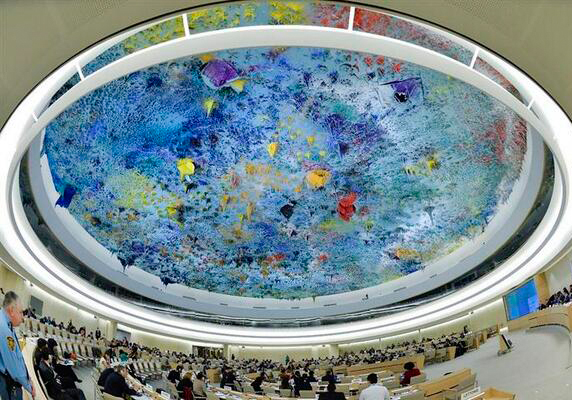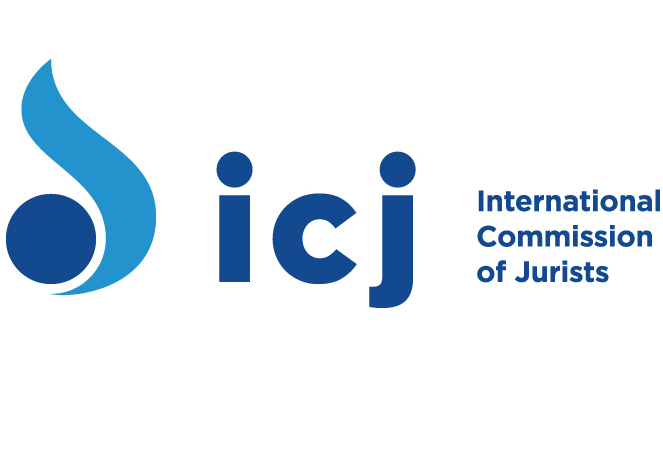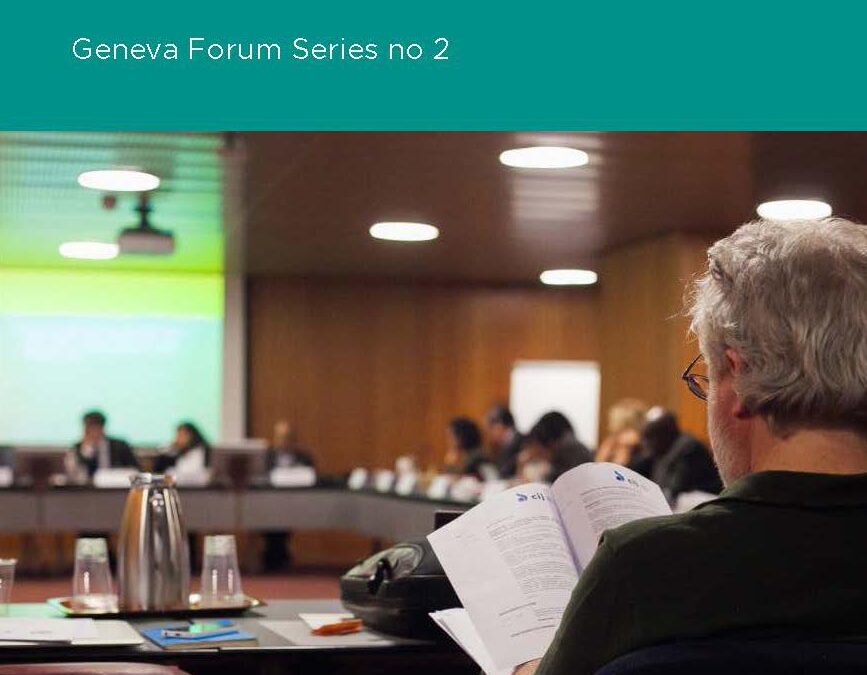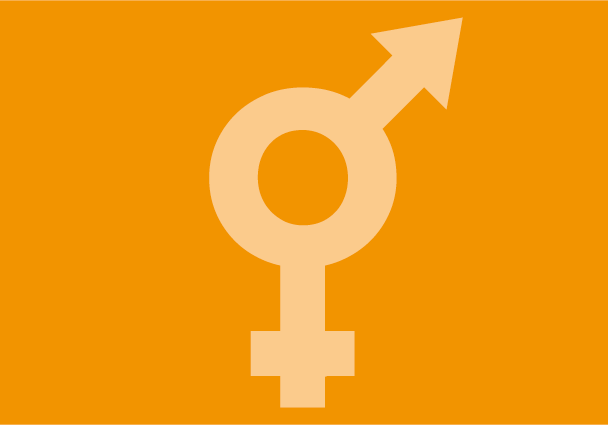
Sep 18, 2015 | Advocacy, Non-legal submissions
The ICJ today delivered an oral statement at the UN Human Rights Council in the General Debate on item 3, concerning judicial accountability, and on the link between ESC rights and enforced or involuntary disappearances.
In the statement, the ICJ welcomed the focus on judicial reform and accountability of judges in the report of the Special Rapporteur on the promotion of truth, justice, reparation and guarantees of non-recurrence.
The ICJ also welcomed the initiative of the Working Group on Enforced or Involuntary Disappearances to address more systematically and comprehensively the relationship between disappearances and the realization (or lack thereof) of economic, social and cultural rights.
The full statement may be downloaded in PDF format, here: UN-Advocacy-HRC30-OralStatement-GDItem3-2015-ENG

Jul 14, 2015 | Advocacy, Non-legal submissions
Today, the ICJ delivered an oral statement before the Human Rights Committee during a half a day of general discussion in view of the Committee’s ongoing elaboration of a new General Comment on Article 6 (Right to Life) of the International Covenant on Civil and Political Rights.
The ICJ’s oral statement focussed on the following:
- the principles of equality before the law, equal protection of the law and non-discrimination, as well as non-refoulment;
- State Parties’ duty to protect the right to life in respect of conduct of private actors;
- State Parties’ duty to take measures to protect and ensure the right to life in connection with acts of gender-based violence against women and violence against individuals based on their real or imputed sexual orientation and/or gender identity or expression;
- the relationship between the right to life and certain economic, social and cultural rights;
- the extraterritorial reach of the Covenant; and
- the application of Article 6 during situations of armed conflict.
Universal-ICJ oral statement HALF DAY GENERAL DISCUSSION ON GC-Advocacy-2015-ENG (full text in PDF)

Jul 13, 2015
The present publication, no. 2 in the “Geneva Forum Series”, reflects the discussions at the 2014 Geneva Forum of Judges and Lawyers on judicial enforcement of economic, social and cultural rights.
The development and global acceptance of the justiciability of economic, social and cultural rights has been a slow and lengthy process, despite a growing consensus that it is possible to have recourse to courts to seek their enforcement.
The discussion is hence no longer whether these rights are justiciable, but how the remaining obstacles to access to justice and the enjoyment of the right to an effective remedy by victims of violations of these rights can be overcome.
At the 2014 Geneva Forum of Judges and Lawyers, participants discussed the progress to date as regards the legal and judicial enforcement and protection of economic, social and cultural rights; respecting the separation of powers while ensuring effective judicial protection; and, challenges and obstacles in the judicial enforcement of economic, social and cultural rights.
The ICJ has convened the Geneva Forum of Judges and Lawyers each year since 2010.
Organized by the ICJ’s Centre for the Independence of Judges and Lawyers, the Forum gathers legal practitioners from around the world for dialogue aimed at identifying and finding practical solutions to the challenges their professions face.
Improved judicial protection of human rights is the underlying motivation and theme for the Forums.
The Geneva Forum Series seeks to provide a permanent record of the discussions.
Download the full report here:
Universal-Judicial Enforcement ESCR Geneva Forum Series 2-Publications-Conference Report-2015-ENG

Jun 8, 2015 | News
While the constitution of Pakistan’s first National Commission for Human Rights is welcome, the Commission risks being toothless unless its powers are extended to investigate human rights violations allegedly committed by the security agencies, the ICJ warned today.
The ICJ was informed that members of the National Commission for Human Rights were notified on 20 May 2015, three years after the National Commission for Human Rights Act was passed in June 2012.
“The establishment of a national human rights commission is a much-needed step for the promotion and protection of human rights in Pakistan,” said Sam Zarifi, ICJ’s Asia Director. “But for the new Commission to be able to assist the people of Pakistan, who face tremendous violations of their rights in terms of civil, political, social, economic, and cultural rights, it must be able to address the conduct of the country’s powerful military and security agencies.”
Under the National Commission for Human Rights Act, the Commission’s powers include investigating human rights violations, suo motu or on petition; visiting detention centers to ascertain the legality of the detention of detainees and ensure detainees are treated according to law; reviewing and suggesting amendments to Pakistan’s constitutional and legal framework on human rights; making recommendations for the effective implementation of international human rights treaties; and developing a national plan of action for the promotion and protection of human rights.
The law provides that while inquiring into complaints under the Act, the Commission shall have all powers of a civil court, including summoning and ensuring attendance of witnesses, receiving evidence on affidavits; and discovery and production of documents.
However, the Commission’s mandate is very limited where the armed forces or security agencies are accused of committing human rights violations, the ICJ says.
The law specifically states that “the functions of the Commission do not include inquiring into the act or practice of the intelligence agencies”.
Where the armed forces are accused of human rights violations, the Commission is only authorized to seek a report from the Government and make recommendations.
“The Commission’s restricted mandate over the armed forces, and especially the intelligence agencies, is of grave concern given that Pakistan’s military and intelligence services are accused of perpetrating gross human rights violations, including enforced disappearances, extrajudicial killings, and torture and ill-treatment,” Zarifi said. “A human rights commission that does not have jurisdiction over abuses by these actors risks being toothless and ineffective – and worst, a cover for continuing government inaction in response to these violations.”
“With these exceptions in place, it seems questionable that the Commission will get accreditation by the International Coordinating Committee of NHRIs, which is a requirement for a National Human Rights Institution to be recognized internationally,” he added. “The Pakistani government should ensure that the Commission complies with international standards so it can help protect and promote the rights of all people in Pakistan.”
Additional Information:
Justice (r) Ali Nawaz Chohan was appointed as the Chairperson of the Commission. Other members include one representative from each province; one representative each from the Islamabad Capital Territory and the Federally Administered Tribal Areas; the Chairperson of the National Commission on the Status of Women; and a member belonging from a religious minority community.
The UN Principles relating to the Status of National Institutions (Paris Principles) provide the minimum standards required by national human rights institutions to be considered credible and effective, and get accreditation by the International Coordinating Committee of NHRIs. Section 3 (a) (ii) of the Paris Principles states that a NHRI should have the power to hear a matter without higher referral over “any situation of violation of human rights which it decides to take up”.
Section 4 of the National Commission on Human Rights Act, 2012, provides the following procedure for appointment of members of the Commission: the Federal Government invites nominations for commissioners through public notice; the Prime Minister and Leader of the Opposition scrutinize the nominations; and the Prime Minister and Leader of the Opposition forward three names for each member of the commission to a parliamentary committee for confirmation. The law provides that the parliamentary committee would comprise of two members of the National Assembly (lower house) and two members of the Senate (upper house) –with two members each from the government and two from the opposition.
Contact:
Sam Zarifi, ICJ Asia Pacific Regional Director (Bangkok), t: +66 807819002; e: sam.zarifi(a)icj.org
Reema Omer, ICJ International Legal Adviser for South Asia (London), t: +44 7889565691; e: reema.omer(a)icj.org

May 12, 2015
Today, the ICJ made a submission to the Committee on Economic, Social and Cultural Rights in advance of Committee’s examination of Uganda’s initial periodic report under the International Covenant on Economic, Social and Cultural Rights.
In its submission, the organization drew the Committee’s attention to:
a) the detrimental impact of the adoption and enforcement of the Anti- Homosexuality Act, 2014;
b) the effect of pre-existing and extant criminalization of consensual same-sex sexual conduct; and
c) the introduction of the Prohibition of Promotion of Unnatural Sexual Practices Bill, on the respect for and the protection and realization of certain Covenant rights.
The ICJ considers that those laws violate – or would violate if adopted in the case of the above-mentioned Bill – the following Covenant rights of Uganda’s population generally, and in particular of lesbian, gay, bisexual and transgender persons in the country:
a) the principle of non-discrimination;
b) the right to work and to just and favourable conditions of work;
c) the right to an adequate standard of living, including adequate housing;
d) the right to the enjoyment of the highest attainable standard of physical and mental health; and
e) the right to education.
Each section features a number of recommendations.
Uganda-ICJ CESCR submission-Advocacy-non legal submission-2015-ENG (full text in PDF)









